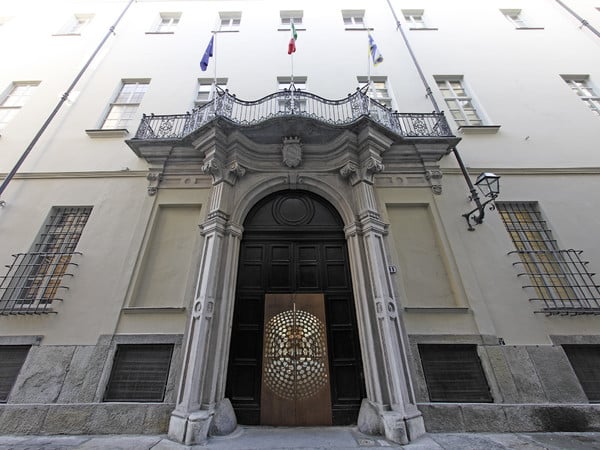
Tunisia and Italy are engaging in a cultural exchange with the aim of using culture to promote peaceful conflict resolution and transnational cooperation. The move follows the terrorist attack targeting Tunis’ Bardo National Museum, which claimed 23 lives including four Italian nationals in March.
In October, La Repubblica reported that the cities of Turin and Tunis had signed a far-reaching agreement including the economic and cultural sectors, and also regarding universities, urban policies, energy, water, transport, and waste.
The deal is aimed at using culture to promote peace in the Mediterranean region following the terror attacks on the Bardo Museum in March.
Photo: Fethi Belaid Courtesy AFP.
Now, the the Art Newspaper reports that details of the cultural aspect of the deal includes loans and joint exhibitions between the Bardo Museum and Turin’s Museo di Arte Orientale. A similar arrangement is reportedly also being considered by the Uffizi Gallery in Florence.
In October, Turin mayor Piero Fassino hailed the agreement as “a cooperation that should be seen as a contribution to peace and stability in the Mediterranean.”
In early December, CTV News reported that the Bardo had loaned several pieces from its collection to the National Archaeological Museum in Aquileia, Italy, which is a UNESCO World Heritage Site. The exhibition—which is on view until January 31—focuses on the historic links and artistic influences between North Africa and Italy.
Turin Mayor Piero Fassino said the agreement could promote peace in the Mediterranean region.
Photo: publicpolicy.it
The exhibition is part of a series of shows at the Aquileia Museum called “Damaged Archaeology,” featuring artworks from sites and museums that have been attacked by fundamentalist terrorists.
“The best response to what is happening is not just military solutions, but also and above all the cultural route,” Debora Serracchiani, governor of the Friuli-Venezia Giulia region, where the museum is located, told Ansa. “We have to deepen our shared knowledge, obviously with respect for the diversity that keeps us together. Europeans should remember that more,” she added.
Italy has been at the forefront of using cultural exchange to promote peace. Italian culture minister Dario Franceschini spearheaded a UN resolution to send peacekeeping troops to protect cultural sites threatened by ISIS.